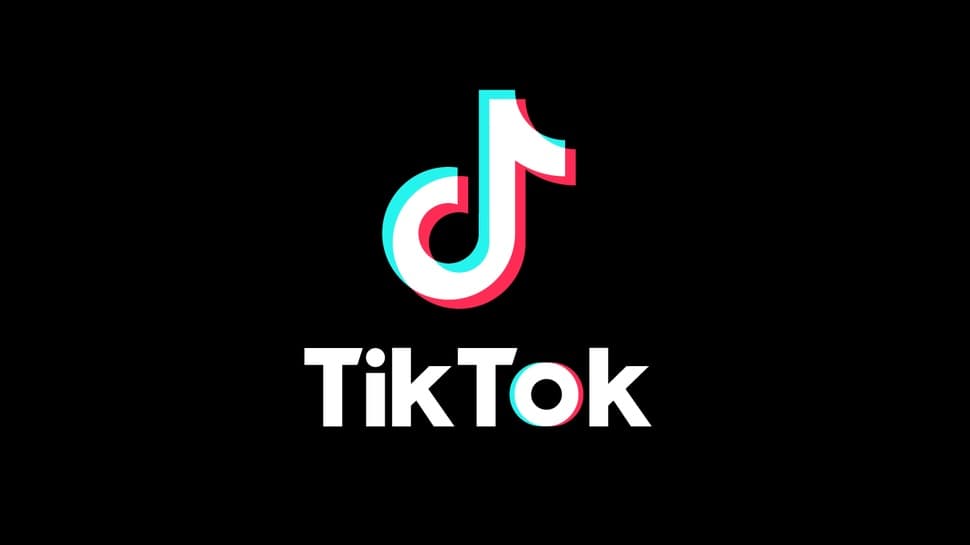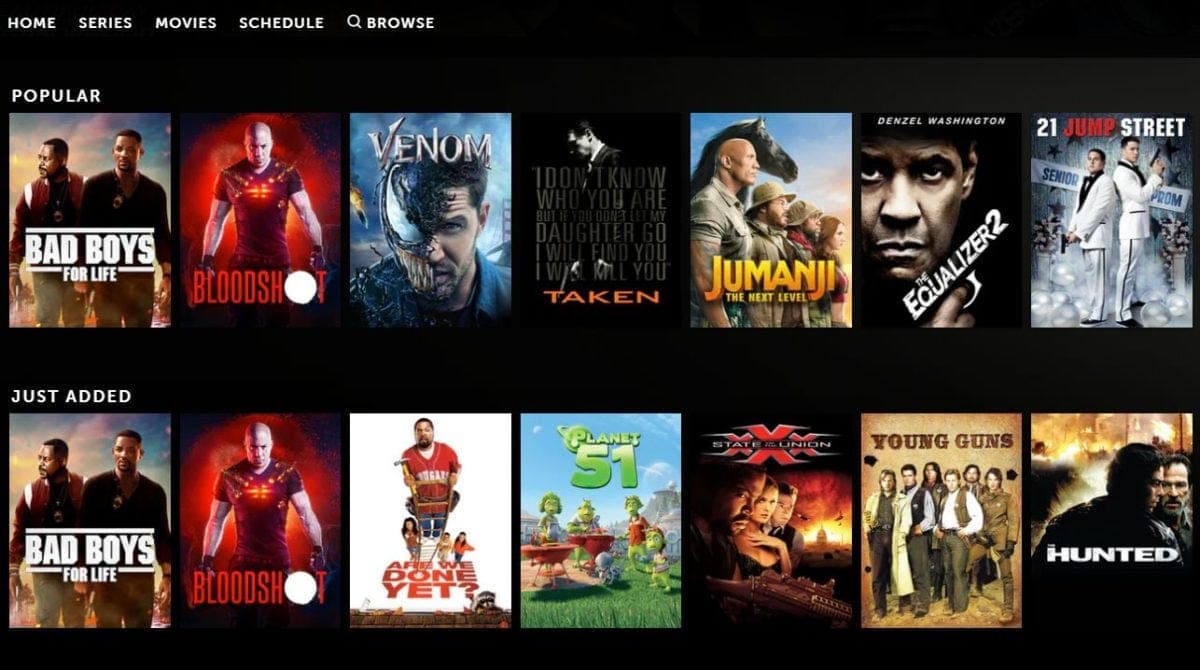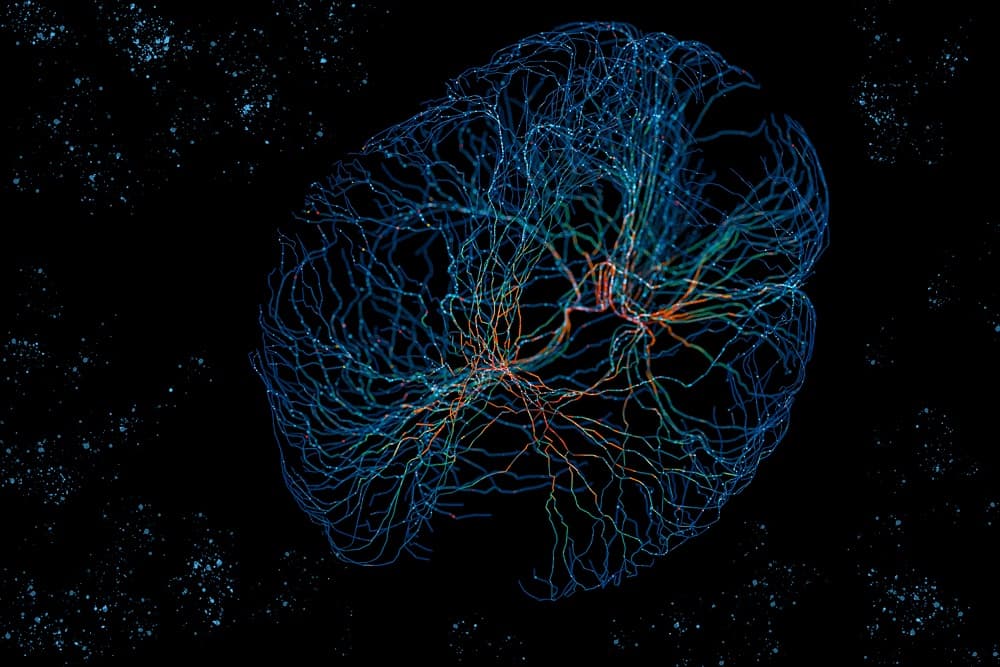About
Hi, I'm Shrunali Salian, a machine learning engineer passionate about transforming raw data into meaningful insights and intelligent systems. With a strong foundation in data science, artificial intelligence, and deep learning, I have applied my expertise across healthcare, robotics, e-commerce, social media analytics, and autonomous systems. I have worked on end-to-end machine learning pipelines, statistical modeling, A/B testing, time series forecasting, and deep learning model optimization using technologies like SQL, Python, TensorFlow, PyTorch, and Apache Spark.
Work Experience
Skills
Check out my latest work
I've worked on a variety of projects, from simple websites to complex web applications. Here are a few of my favorites.

Fine-Tuning BERT for Multi-Label Text Classification
This project explores fine-tuning BERT, a transformer-based state-of-the-art NLP model, for multi-label text classification. Unlike traditional classification tasks where each input belongs to a single category, multi-label classification assigns multiple independent labels to a single input. Using the Jigsaw Toxic Comment dataset, this project builds a content moderation model capable of detecting toxic, offensive, and harmful content—a crucial application for social media monitoring, AI-powered moderation, and online safety.

Goodreads Book Analysis (SQL)
How do personal book ratings compare to Goodreads’ global scores? Are certain genres consistently overrated or underrated? This project leverages SQL to analyze reading habits, book ratings, and genre trends using a structured SQLite database. It showcases advanced SQL skills, including data querying, aggregation, joins, and trend analysis, key competencies for data analytics roles at Meta, TikTok, and top tech companies.

TikTok E-commerce Influencer Insights
Why do some influencers go viral while others struggle? How do engagement patterns impact TikTok's e-commerce ecosystem? This project deciphers the mechanics of TikTok’s growth and marketplace efficiency, using SQL, data visualization, and machine learning to uncover insights on influencer impact, user behavior, and e-commerce optimization. It explores user growth dynamics, A/B testing for engagement, and sales conversion insights, providing actionable strategies for brands and marketers.

Instagram Anomaly Detection & Growth Forecasting
In the ever-evolving world of social media, influence is currency. This project leverages SQL, data science, and machine learning to analyze Instagram influencer behavior, detect anomalies (e.g., fake engagement, bot activity), and forecast influencer growth trends. These insights are critical for e-commerce brands, advertisers, and social media platforms like Meta (Instagram & Facebook) to differentiate genuine engagement from manipulation and make data-driven marketing decisions.

Streaming Wars: Analyzing OTT Market Trends & Viewer Sentiment
The streaming industry is experiencing fierce competition among platforms like Netflix, Amazon Prime, Disney+, HBO Max, Apple TV+, and Paramount+. This project provides an in-depth market analysis by exploring content availability, exclusivity, and genre trends, comparing IMDb ratings and platform-specific audience engagement, and analyzing viewer sentiment using Hugging Face’s RoBERTa model. Additionally, it investigates how streaming platforms position themselves in the market through sentiment-driven insights.

Building a Movie Recommendation System
With the rise of OTT streaming platforms, users face content overload and struggle to decide what to watch next. This project tackles the problem by analyzing content from major streaming services and building a personalized movie recommendation system. The study includes trend analysis, content-based filtering, and exploratory data analysis across platforms like Netflix, Amazon Prime Video, Disney+, HBO Max, Apple TV+, Paramount+, and Hulu.

Decoding Viewer Engagement: Unveiling the Emotions Behind Content Consumption
This project explores human emotion classification using deep learning to analyze facial expressions while consuming content. By detecting emotions, streaming platforms like YouTube, Netflix, and Prime Video can predict engagement levels and optimize content recommendations. The study implements custom deep learning models for image classification, YOLOv8 for emotion detection, and a comparison of multiple CNN architectures.

GPT for Harry Potter: Generating Magic with Transformers
This project explores AI-driven text generation using transformer models to create new Harry Potter-style stories. By leveraging GPT-style architectures, it demonstrates language modeling, text generation, and fine-tuning techniques to mimic J.K. Rowling’s writing style. Key aspects include character-level and word-level embeddings, transformer-based architectures, and sequence generation. This project showcases expertise in natural language processing, deep learning, and AI-driven creativity.

Building a Neural Network from Scratch for MNIST Classification
This project implements a fully connected neural network from scratch using NumPy to classify handwritten digits from the MNIST dataset, without relying on deep learning frameworks like TensorFlow or PyTorch. It covers key neural network fundamentals such as forward propagation, backpropagation, activation functions (ReLU, Softmax), loss functions (Cross-Entropy), and weight initialization techniques.

Spotify Data Visualization
This project explores Spotify’s extensive music dataset to analyze trends in track popularity, song features, and user preferences over time. It applies trend analysis, feature correlations, and time-series modeling to uncover key insights, including the impact of COVID on music trends, genre popularity shifts, and relationships between song characteristics. Using R, ggplot2, and statistical analysis, this project showcases expertise in data visualization, correlation analysis, and time-series forecasting.